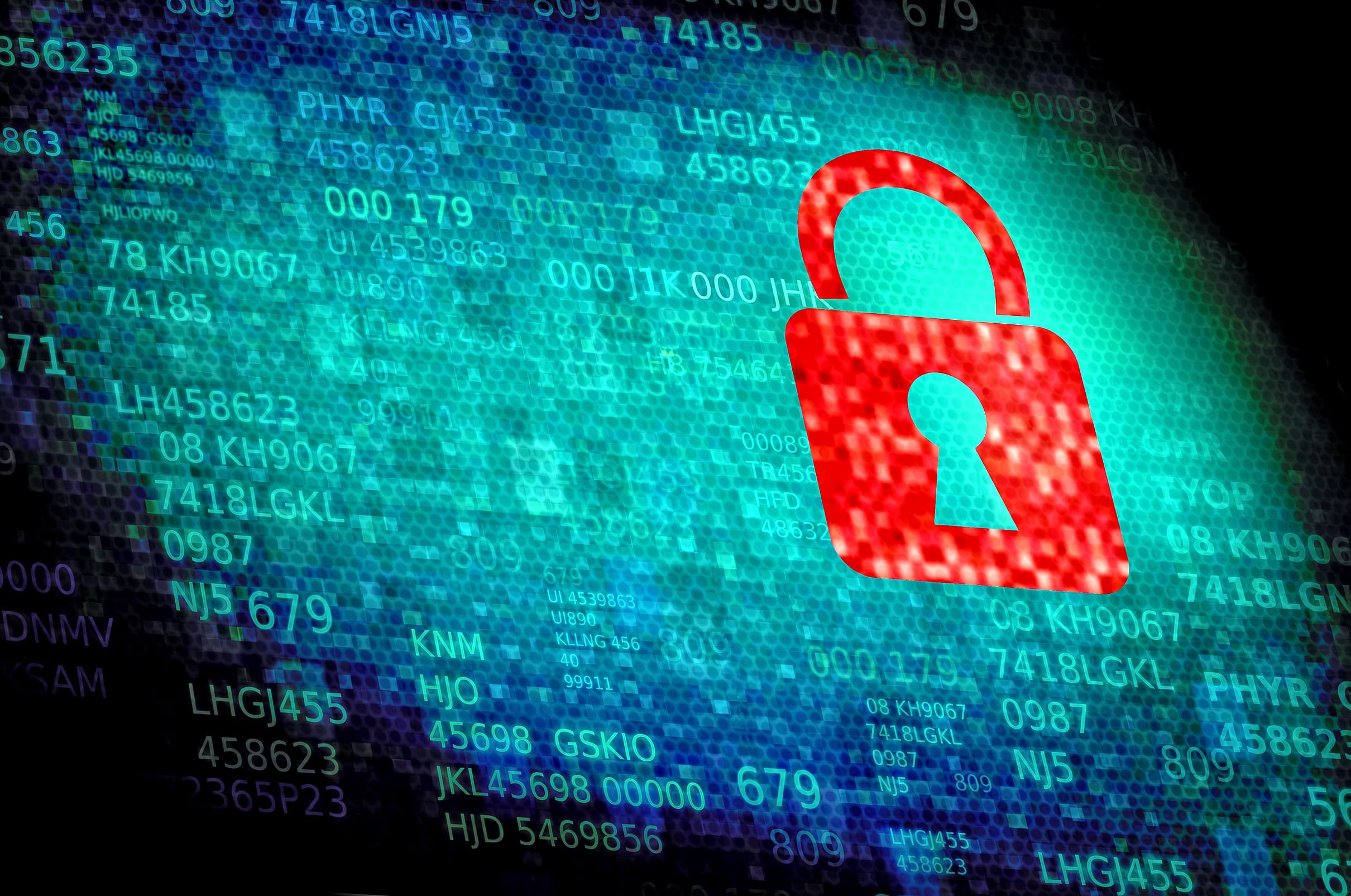How can we be a part of Cyber Security?
As we continue on our last blog-– What is Cyber Security?, we now know a bit about what cybersecurity is, now it’s time we are a part of it and arm ourselves.
First, we need to avoid these myths and misconceptions about cybersecurity.
– My Field of Business is Safe. Just because your company is small does not mean it’s not a target. Threats have now gone through a lot of industries– government, private companies, even individuals that are just quietly clicking their emails and thinking they’ve won something big.
– Threat Entry Points are easy to contain. Cybercriminals are very resourceful, they know when and where to attack. They know which parts of your system are too well guarded, and go through your other weaknesses. Internet of Things, Operational Technology, even secured Linux systems.
– Risks and Threats are Known and Common. It’s completely the other way around. Most Cybercriminals will not use the same procedure twice. They know that when a hack has worked already, companies will open and dissect the threat and would know how it works in seconds, send it to everyone in the Cybersecurity community and it would be useless to try it again.
Always remember that a lot of Cybercriminals have someone that works from within your company. This allows them access to what they cannot from the outside.
Dispell these myths. So we can move on, and keep our system and environment safe from hackers.
Although these are very basic and you might be doing these tricks without fail, knowing them will certainly strengthen your system as an individual and at work.
Here are 5 Cyber Security Safety Tips for individuals and businesses.
1. Get protection. Any business or individual should at least get some basic software for protection. Windows has greatly improved its pre-installed antivirus software, there are a lot of free ones for everyone. Businesses should consider security suites that have more than basic antivirus solutions.
2. Update your OS. We know, it’s a huge download, has a good amount of downtime, and can even screw up your computer, but updates are there for a reason. There are vulnerabilities in your OS, in your software, in your drivers. These are the ones that an update wishes to patch and correct.
3. Make Your Passwords Stronger. Do you know that simply adding a space increases the Brute Force time to guess the password? Let’s say your password is “Secure Password”, a strong brute force machine can guess that in about half a second. Making it “Secure Password” (see the space?) increases the time to about half a minute. Now, say you want to make it stronger, just add symbols– “Secure Password ^2, that password just looks simple right? But that will take around a year of pure brute force guessing from a hacker to get into. Don’t forget to change your passwords regularly.
Two-Factor authentication should also be considered by companies as well.
4. Unknown email sender? Do not open or hover on any links, or open any attachments. For individuals, get an email from the big names in Email– Gmail, Outlook, Apple, Yahoo, among others. These companies will take care of themselves at a very high level and you would be under that umbrella. Companies should look for limiting in-office emails and the ability to SandBox emails when needed.
5. Avoid Free Wifi. We covered this in a past blog– (LINK TO FREE WIFI BLOG, CLICKABLE NAME). Free WiFi can be great but try not to use your work computers on it, or better yet, ask your company for a VPN that you can use for work.
Knowing what Cyber Security is, how cybercriminals propagate their trade, and how we can avoid it, helps us all become a positive part of this war for technology. We have to be as vigilant, as creative, and as smart as the hackers. If Individuals in a company work hand in hand with their IT, we can be on top and stay there. If you believe that there is a hole in your defense if you believe that there may be openings in your system that needs to be plugged and you don’t know how, it’s best you contact the pros.


